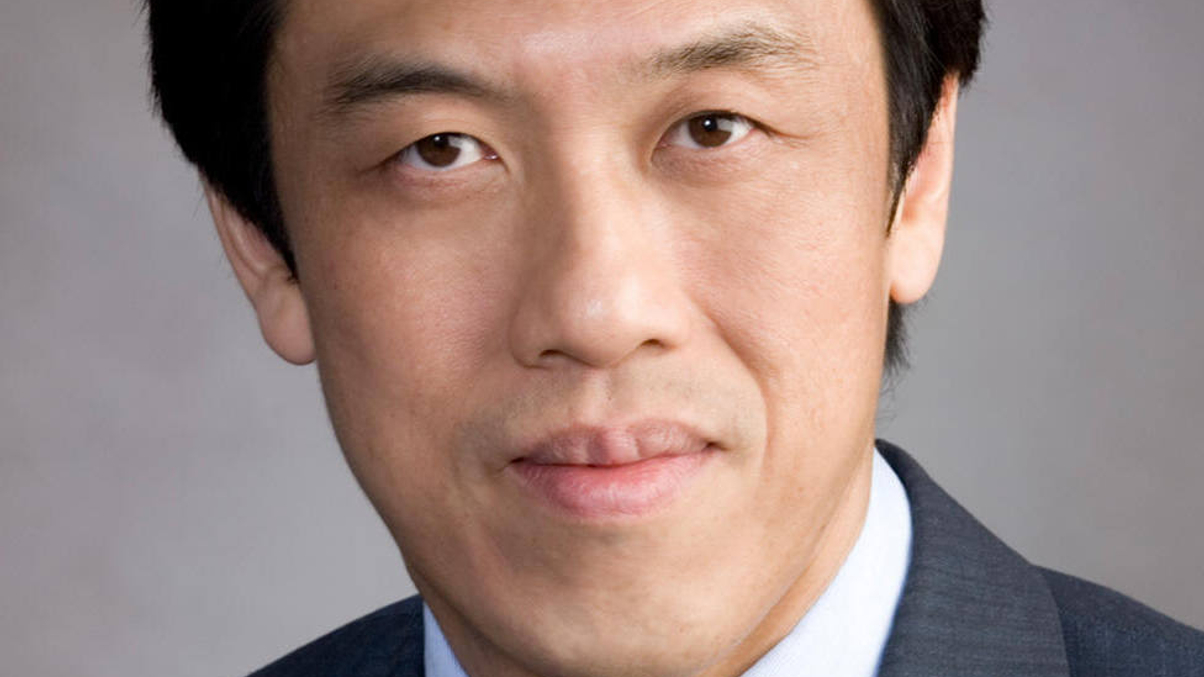NTUC Income boosts PE, property exposure
Singaporean insurers are not finding the current low-yield environment as much of an issue as their peers in the region, but seem to be diversifying into alternatives.

Insurance firms are finding it tough to fund their liabilities in the current low-interest-rate, low-yield environment, but one way they are tackling the issue is by boosting their alternatives exposure.
Sign in to read on!
Registered users get 2 free articles in 30 days.
Subscribers have full unlimited access to AsianInvestor
Not signed up? New users get 2 free articles per month, plus a 7-day unlimited free trial.
¬ Haymarket Media Limited. All rights reserved.


